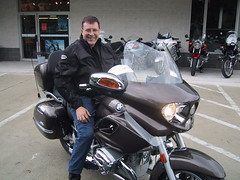Zen of waging peace
New Foundation Book: Hold Hope, Wage Peace
The Nuclear Age Peace Foundation is pleased to announce the publication of a new book entitled Hold Hope, Wage Peace, an inspiring collection of essays that will rouse you to take action for the creation of a more just and secure world. This compendium of inspiration and information by international peace leaders includes a foreword by eminent journalist Walter Cronkite and articles by Nuclear Age Peace Foundation President David Krieger, famed primatologist Jane Goodall, Rev. Theodore Hesburgh, Soka Gakkai International President Daisaku Ikeda, Nobel Prize Laureate Mairead Corrigan Maguire, Body Shop founder Anita Roddick, historian Howard Zinn, and many others!
There is a Zen saying that one chops wood and carries water before enlightenment; and after enlightenment one chops wood and carries water. In other words, the basics don’t change with enlightenment. The thesis of this important book is that the basics for building a more decent world are holding hope and waging peace, and that these do not change.
In his foreword, Walter Cronkite writes, “Hopelessness translates into inaction; it translates into surrender to what is feared to be the inevitable. We must all be thinking about what can be done to assure a human future on our planet.”
Don’t miss out! Order your copy of Hold Hope, Wage Peace today for only $15.95 plus $4.00 shipping and handling. The book can also be purchased in bulk orders of 100 or more copies for a special rate.
Share the inspiration! Hold Hope, Wage Peace makes a great gift for friends, family and loved ones.

